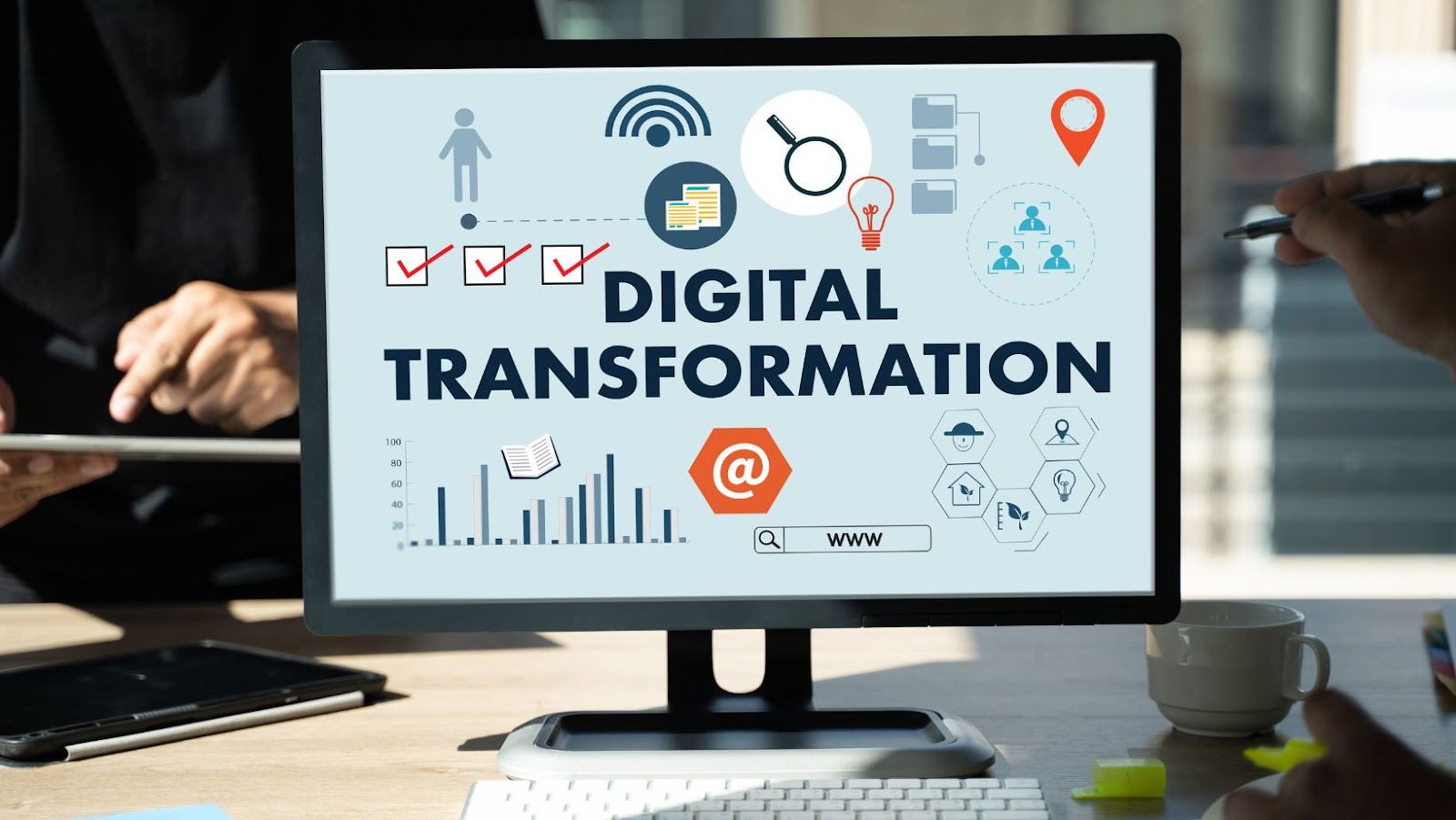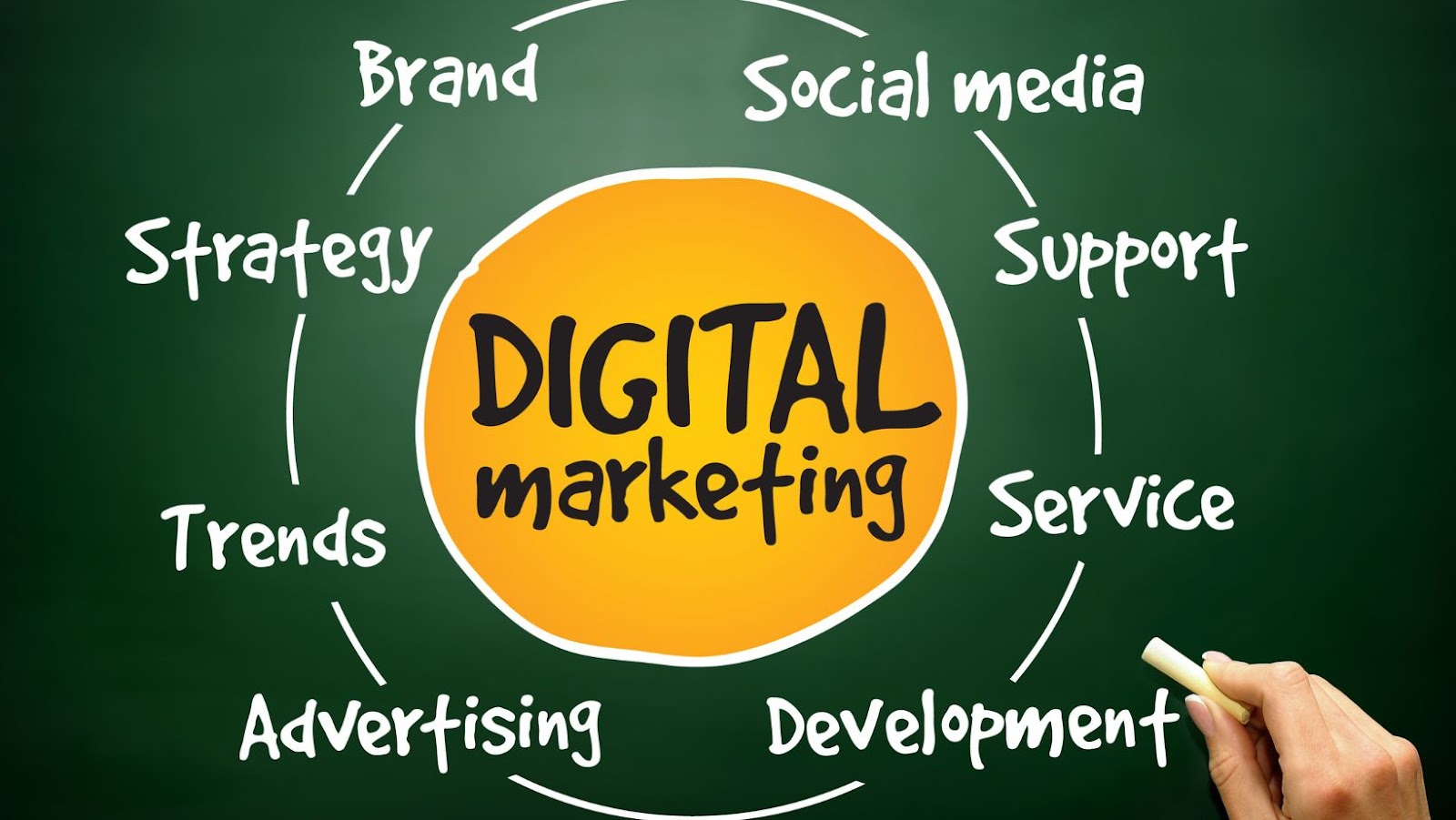Digital marketing refers to the use of digital channels, like search engines, social media, email, and other websites, to connect with current and prospective customers. It’s not just about selling and buying of products and services, but building relationships and fostering customer loyalty. For instance, brands create relevant content not only to sell, but to educate, inspire, and communicate with their target audience.
How Digital Marketing is Changing Business? There’s more to digital marketing than meets the eye. It comprises several components, each strategically important in its own right.
- Search Engine Optimization (SEO): SEO is instrumental in improving a website’s visibility on search engines. For instance, businesses optimize their site content with specific keywords that users are likely to search for.
- Content Marketing: This involves creating and sharing valuable content to attract, inform, and engage an audience. For example, a fitness company might post blog articles about workout routines or healthy recipes.
- Social Media Marketing (SMM): SMM leverages social media platforms to promote a product or service. An example would be an apparel brand running ad campaigns on Instagram.
- Email Marketing: Businesses use this to communicate directly with their customers. A typical example is a company sending newsletters, promotional offers, or exclusive deals to subscribers.
- Pay-Per-Click Advertising (PPC): In PPC, marketers pay a fee for every click on their ads. Google AdWords is a well-known example of this type of advertising.
Each of these components helps businesses reach out to their target audience, increase conversions, and improve the overall customer journey, thereby enhancing their business value and market position.
 The Shift to Digital Marketing in Business
The Shift to Digital Marketing in Business
How Digital Marketing is Changing Business? Traditional marketing once dominated the business world, employing methods such as print media, billboards, direct mail, and television ads. However, in today’s digital era, traditional marketing’s effectiveness dwindles compared to the opportunities presented by digital marketing. Digital marketing utilizes online channels, leveraging the power of search engines, social media, email, and websites. It revolves around creating engagements and fostering relationships, not just selling products.
Take, for example, a brand using social media for marketing. There’s an opportunity for real-time interaction with potential customers, a feedback mechanism exists, and the audience range is essentially global. In contrast, these elements would be nearly impossible to achieve with a single traditional billboard, showcasing digital marketing’s clear superiority.
An exponential increase in internet usage has significantly transformed business marketing. According to Statista, as of October 2021, 4.9 billion individuals around the globe use the internet; that’s nearly 60% of the world’s population. This surge in internet usage has necessitated the adaptation of business marketing strategies.
Consider, for instance, an e-commerce platform using data analytics derived from user behavior online. By tracking what a user searches, views, or purchases, the platform can offer personalized recommendations, thereby enhancing the user experience and potentially boosting sales. Without internet usage, this type of personalized, data-driven marketing would not be possible.
 Real-world Effects of Digital Marketing on Business
Real-world Effects of Digital Marketing on Business
How Digital Marketing is Changing Business? Digital marketing wields transformative potential, remarkably redefining the way businesses operate and communicate in today’s vibrant, fluid markets. As an element that’s critical to survival and advancement, it’s impossible to overlook its repercussions.
Digital marketing defies geographical constraints, empowering businesses to extend beyond local boundaries and tap into international markets. Internet’s ubiquitous presence has brought about this globalized market scenario. According to Statista, over 4.9 billion people used the internet as of July 2021—that’s almost 64% of the global population.
A case in point is Facebook’s advertising platform. With over 2.7 billion active users in the second quarter of 2020, businesses get to project their offerings across varied demographics spanning countries and continents. Moreover, by leveraging digital tools like SEO and local search optimization, businesses promote their services to a wide audience, attract more potential clients, and boost digital visibility.
Noted for its data-driven approach, digital marketing thrives on personalization. It allows businesses to dissect their audience into specific segments based on various criteria—age, location, interests, purchase history, and so on. Once the segments are defined, businesses can seamlessly tailor their content, making it more relevant, attractive, and actionable.
Take, for instance, email marketing. Rather than sending broad-spectrum newsletters, businesses now send personalized emails based on the recipient’s preferences, interactions, or previous purchases. Further, tracking tools monitor these emails, assessing open rates, click-through rates, conversions, allowing businesses to fine-tune their content continually. This level of customization underpins the shift from a one-size-fits-all marketing approach to a more precise, consumer-focused strategy that inevitably amplifies customer satisfaction and leads to higher sales.